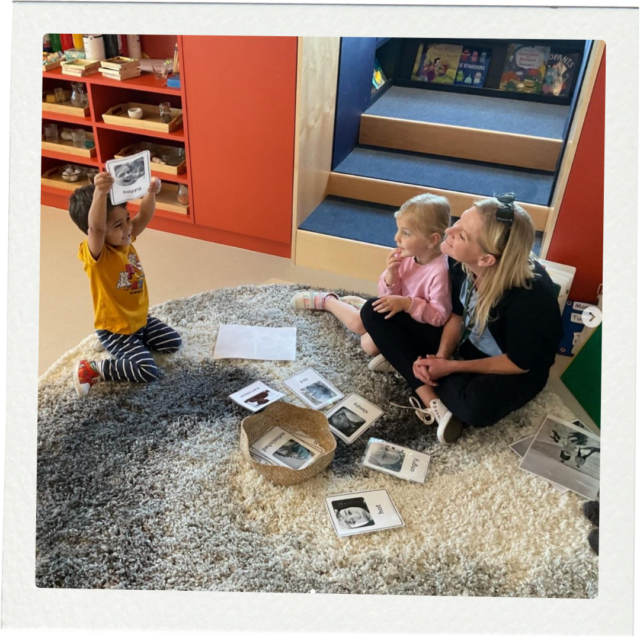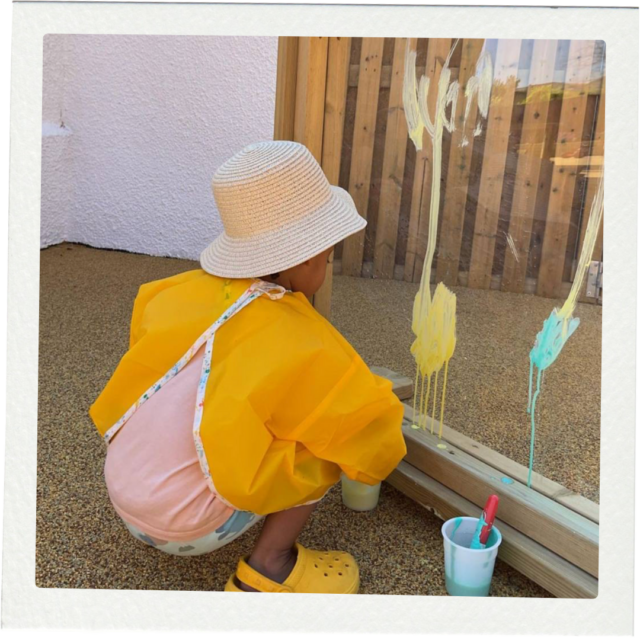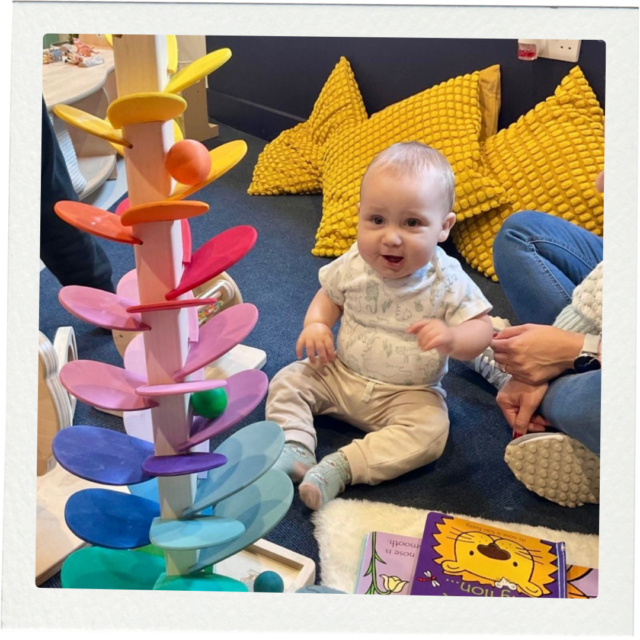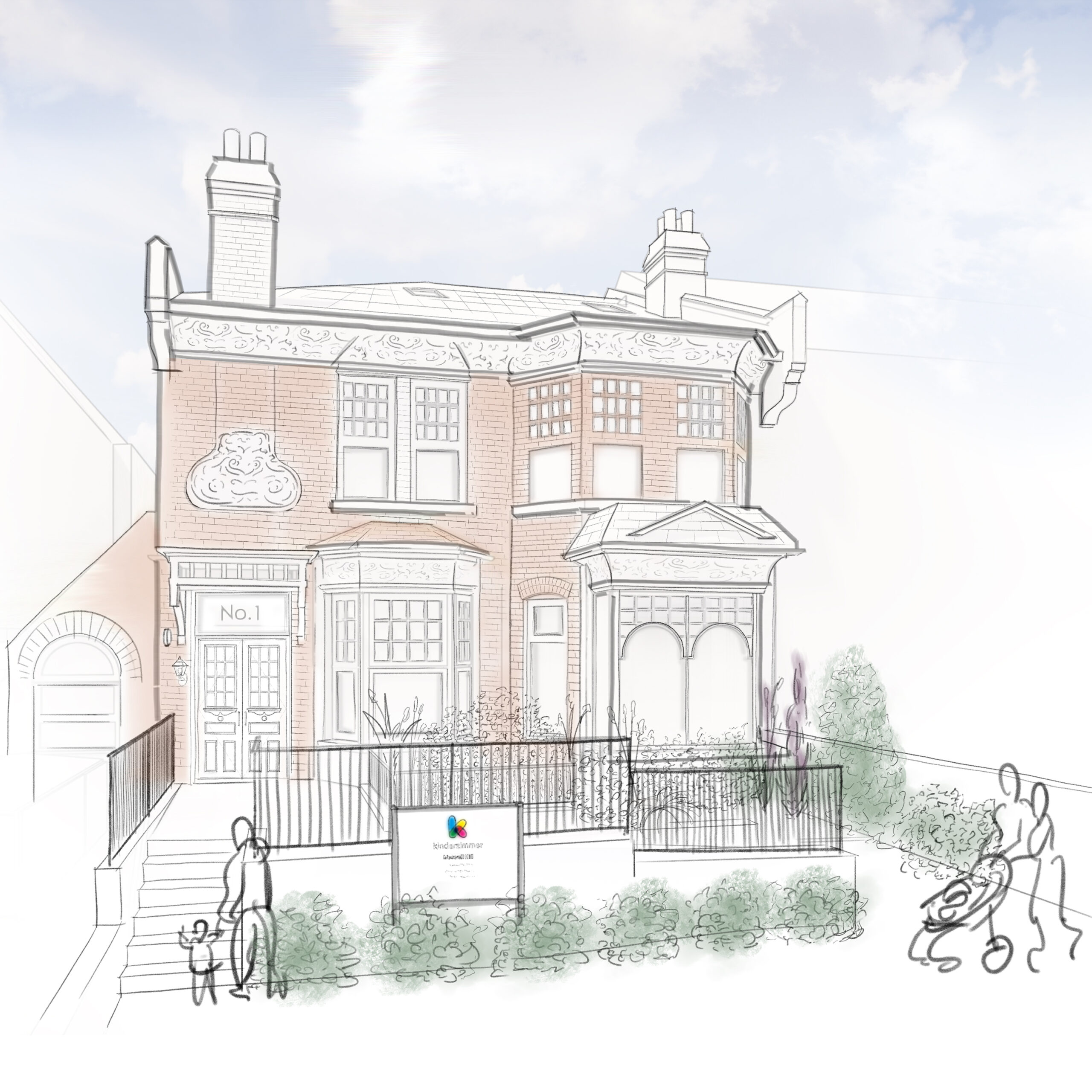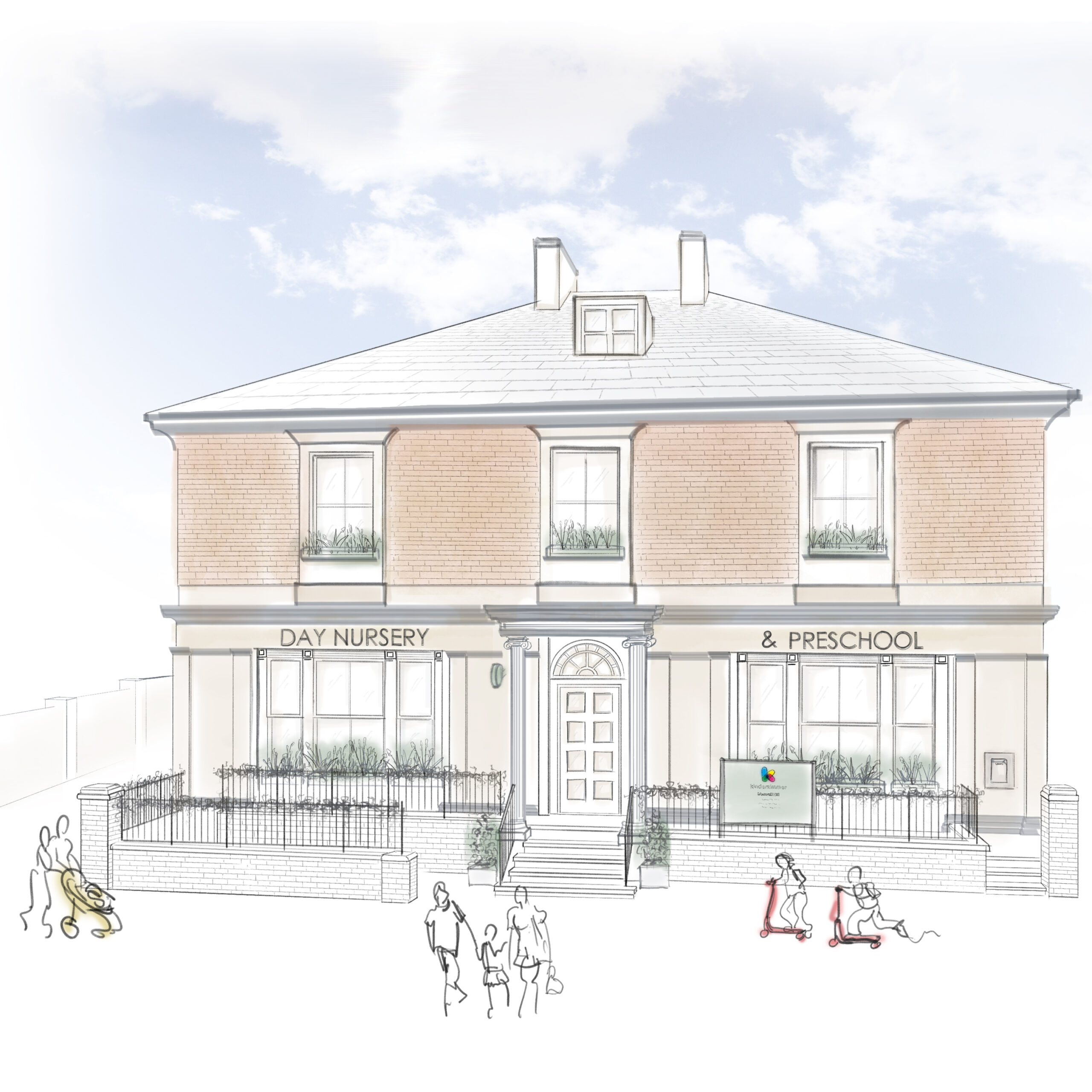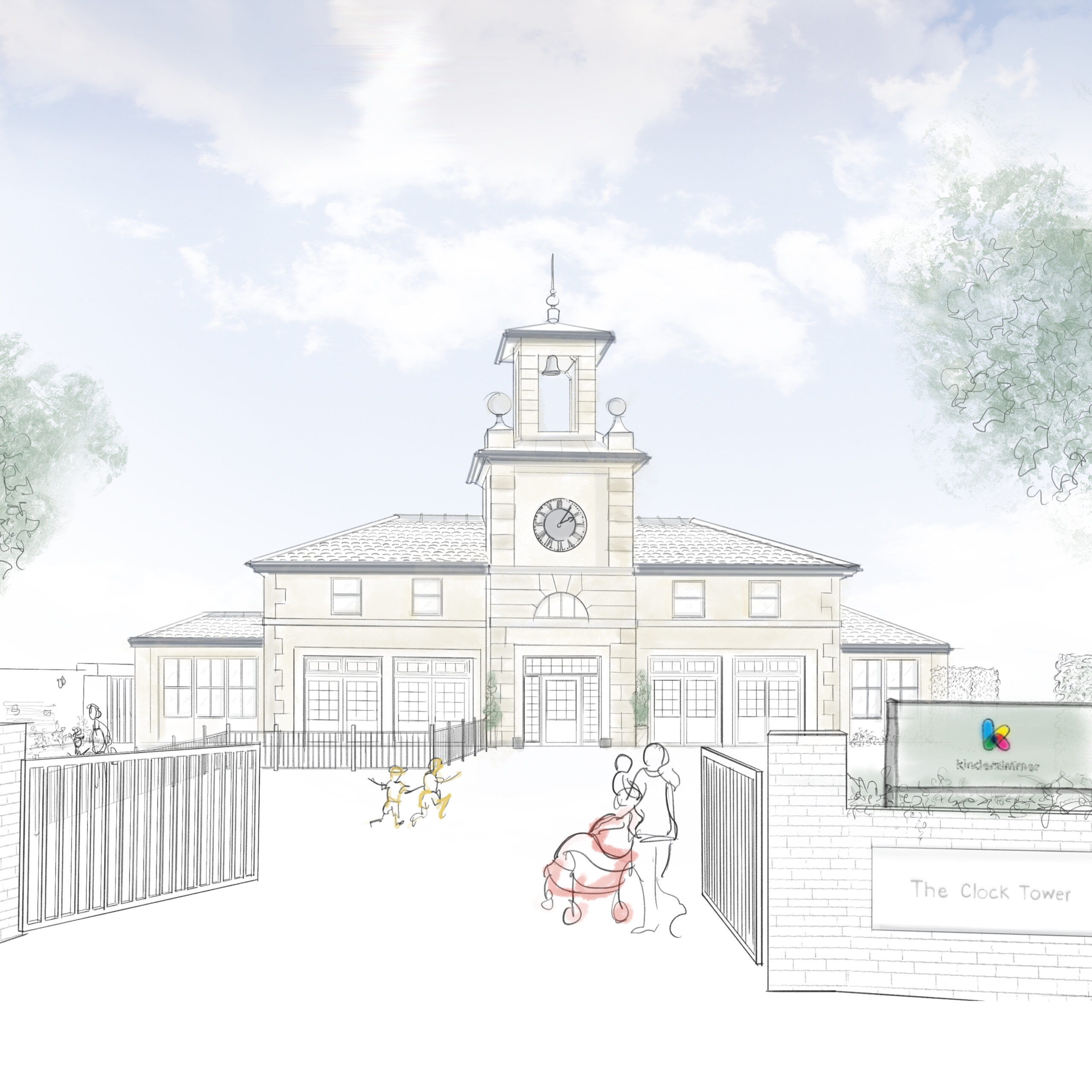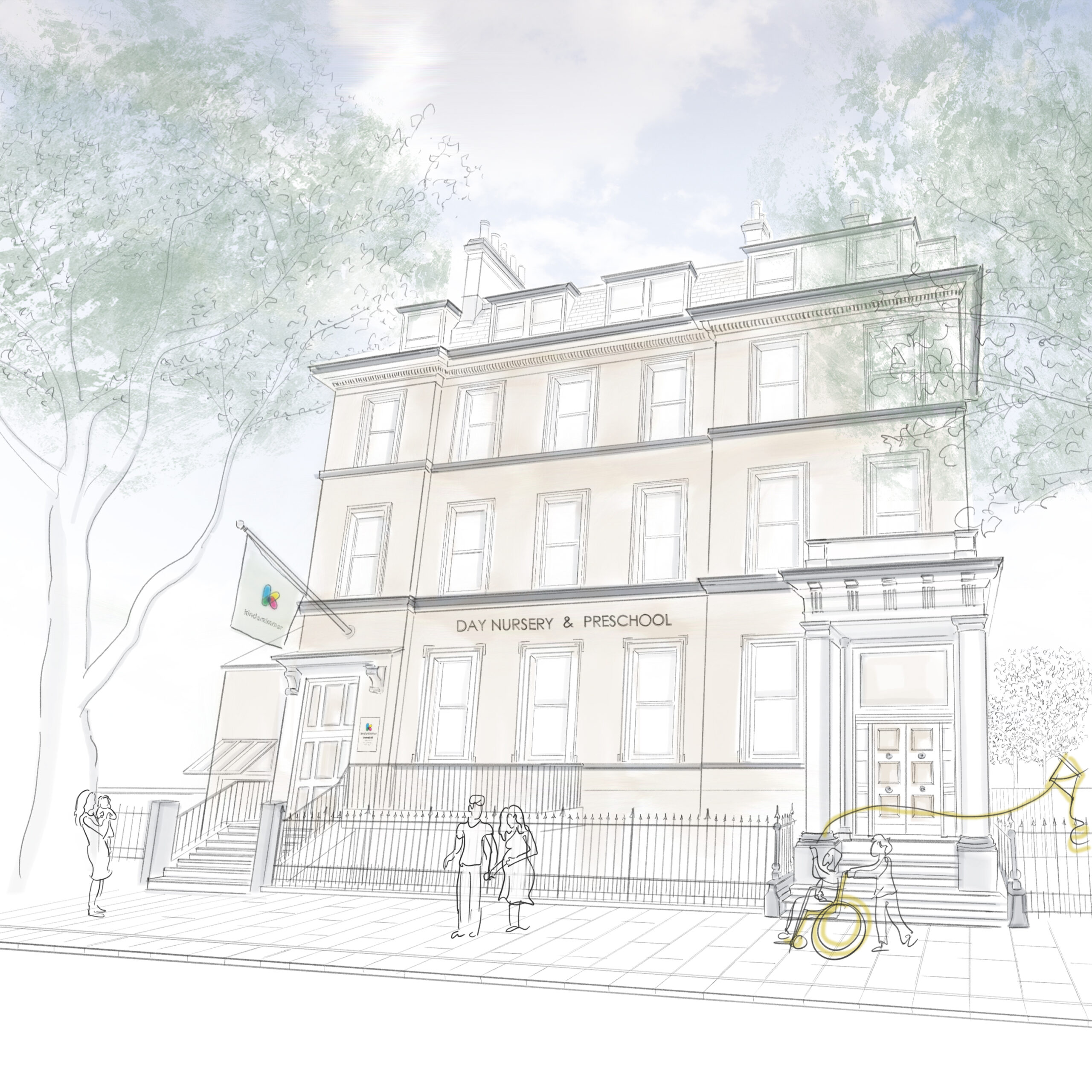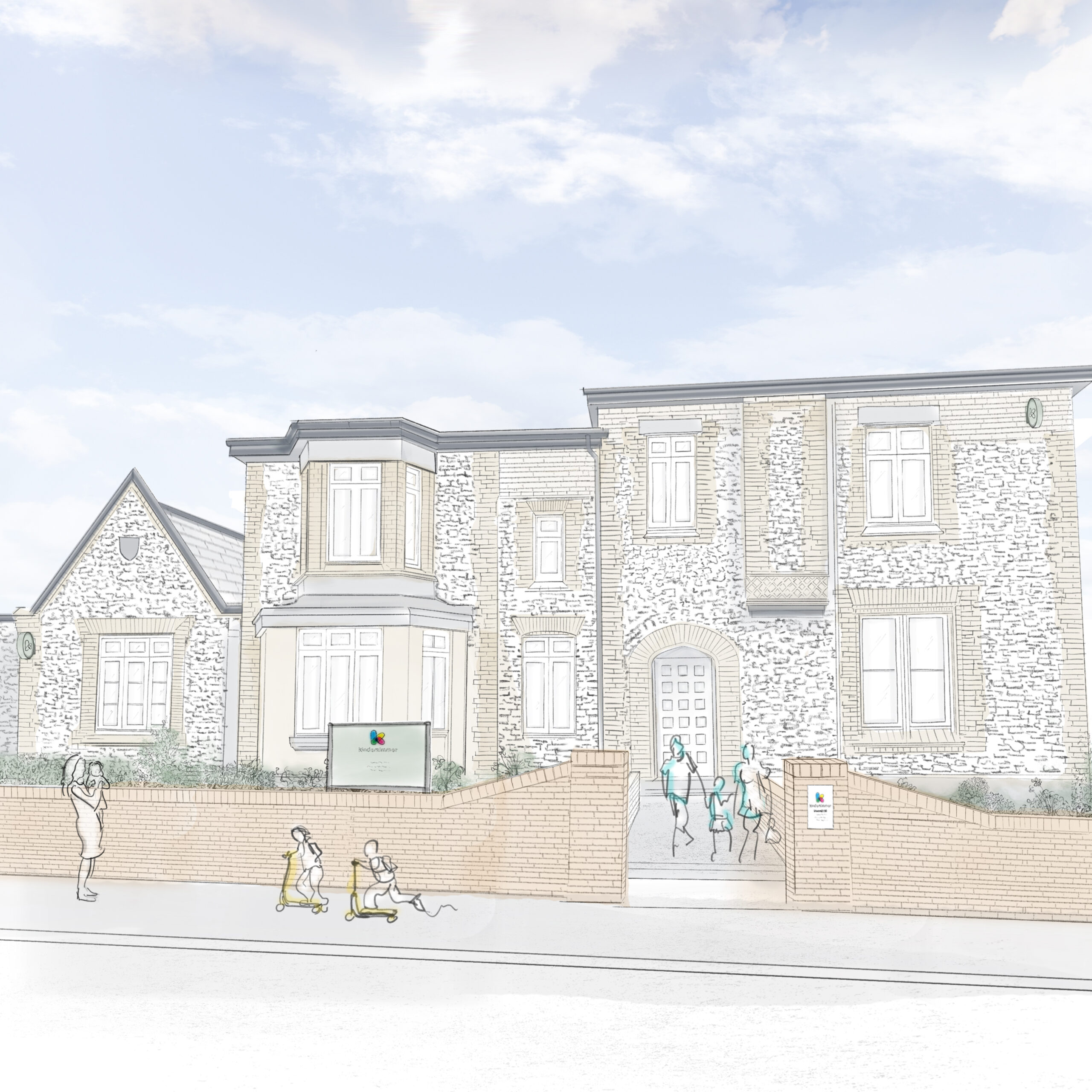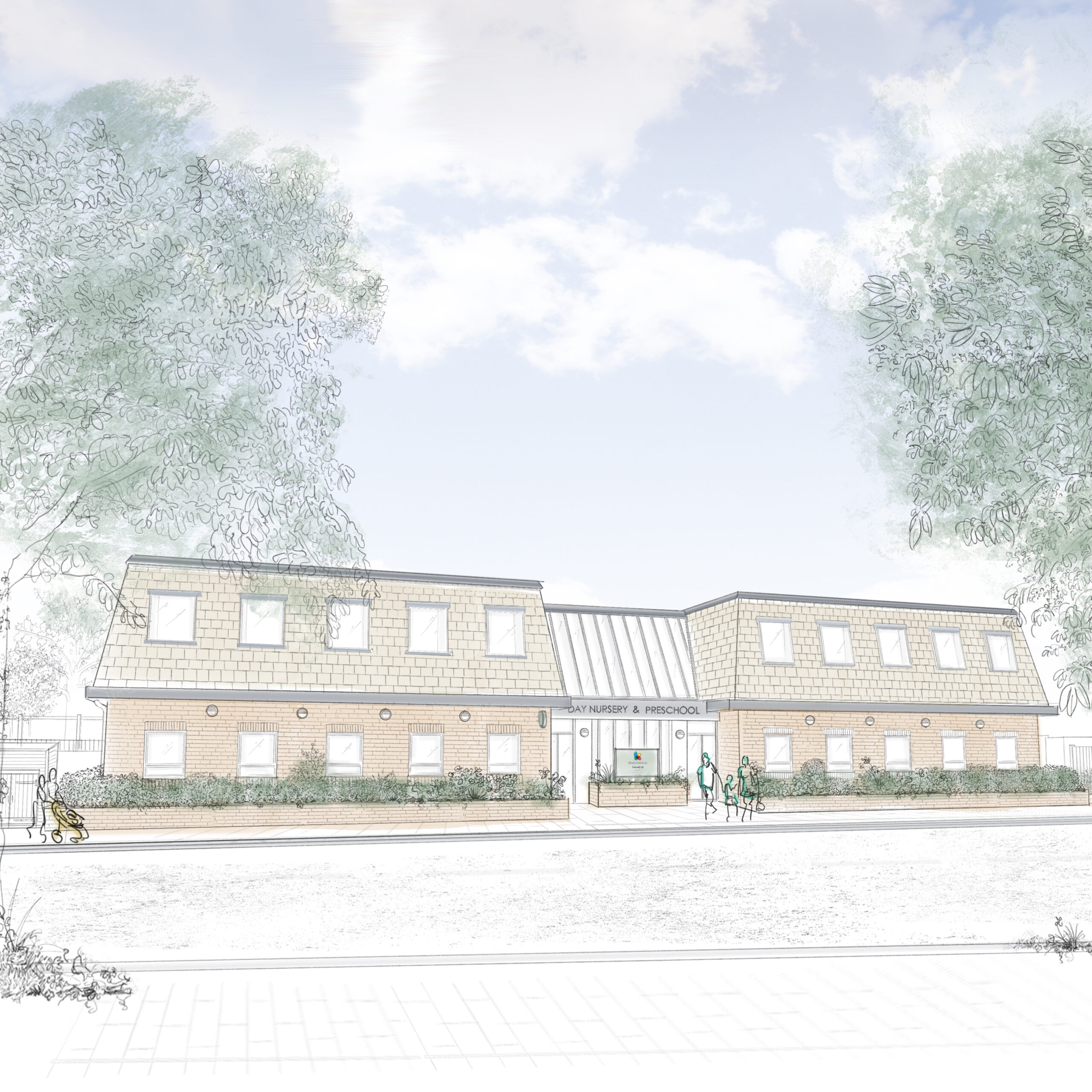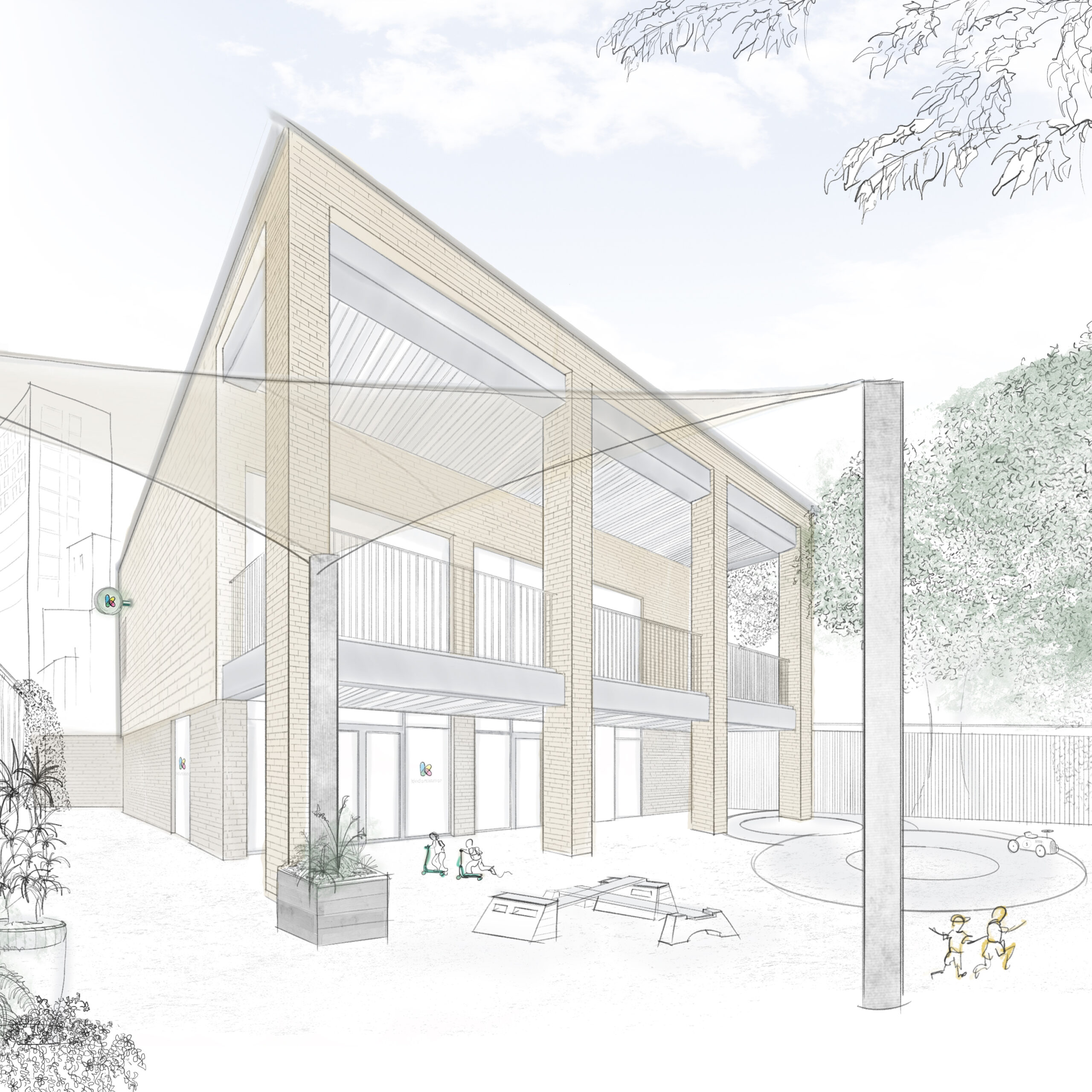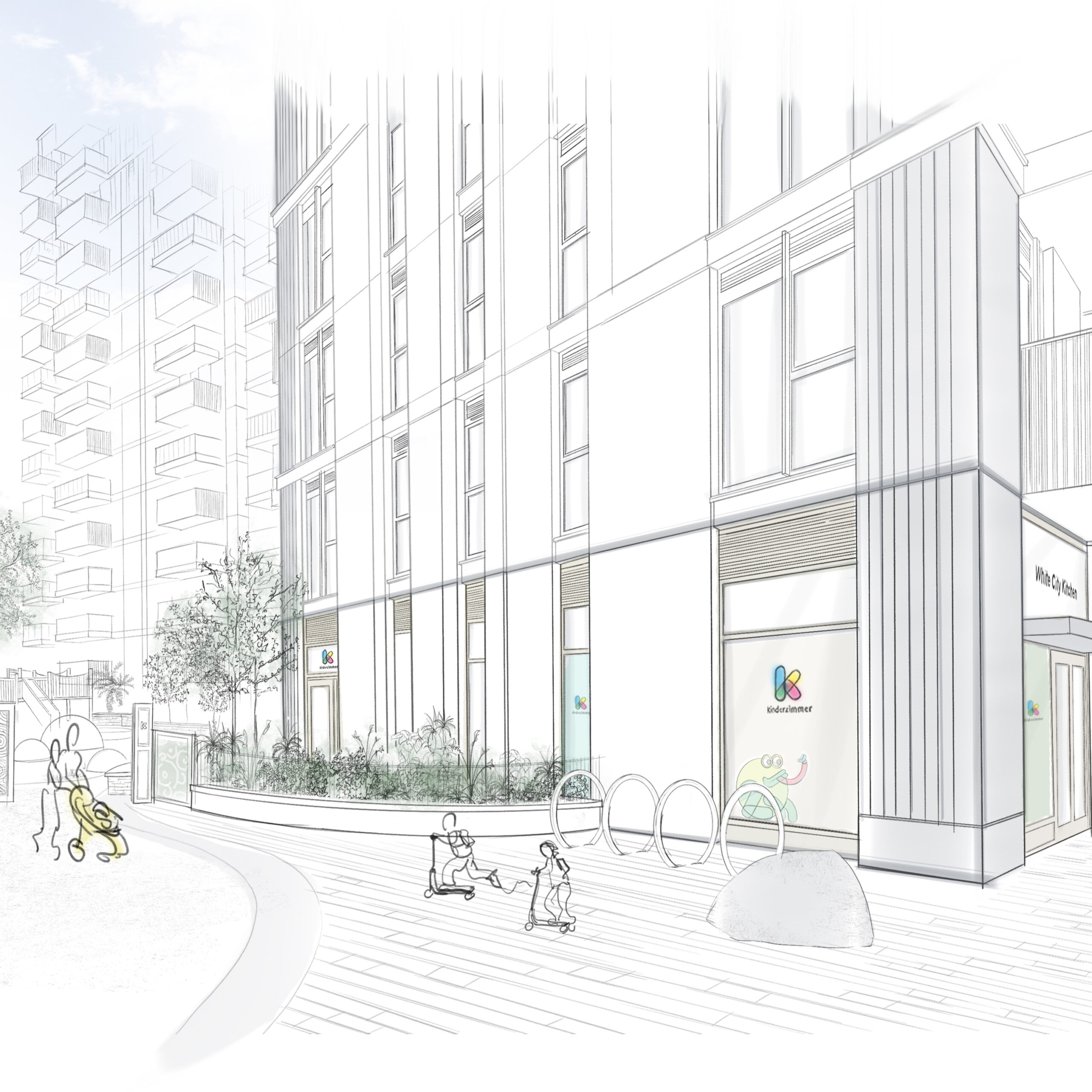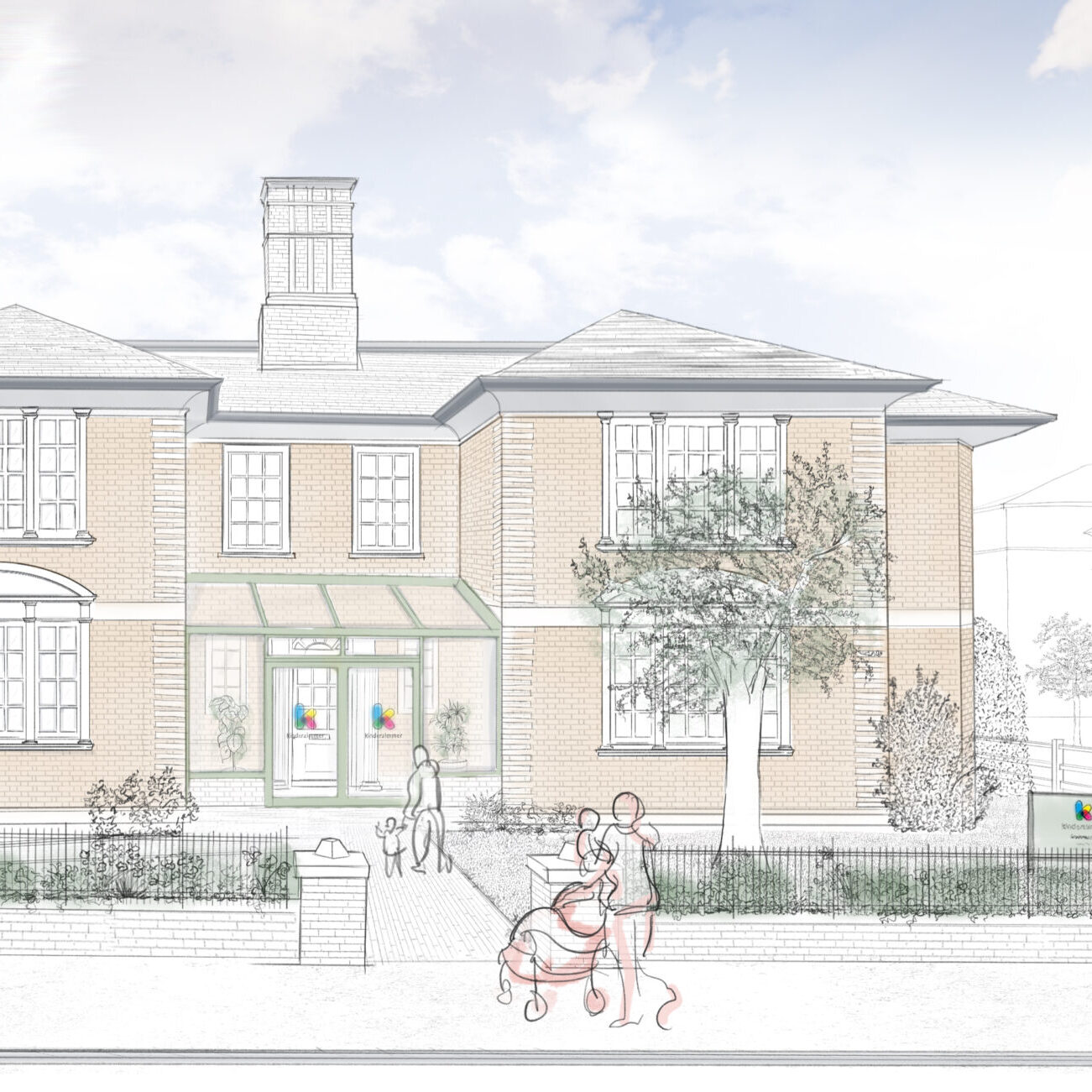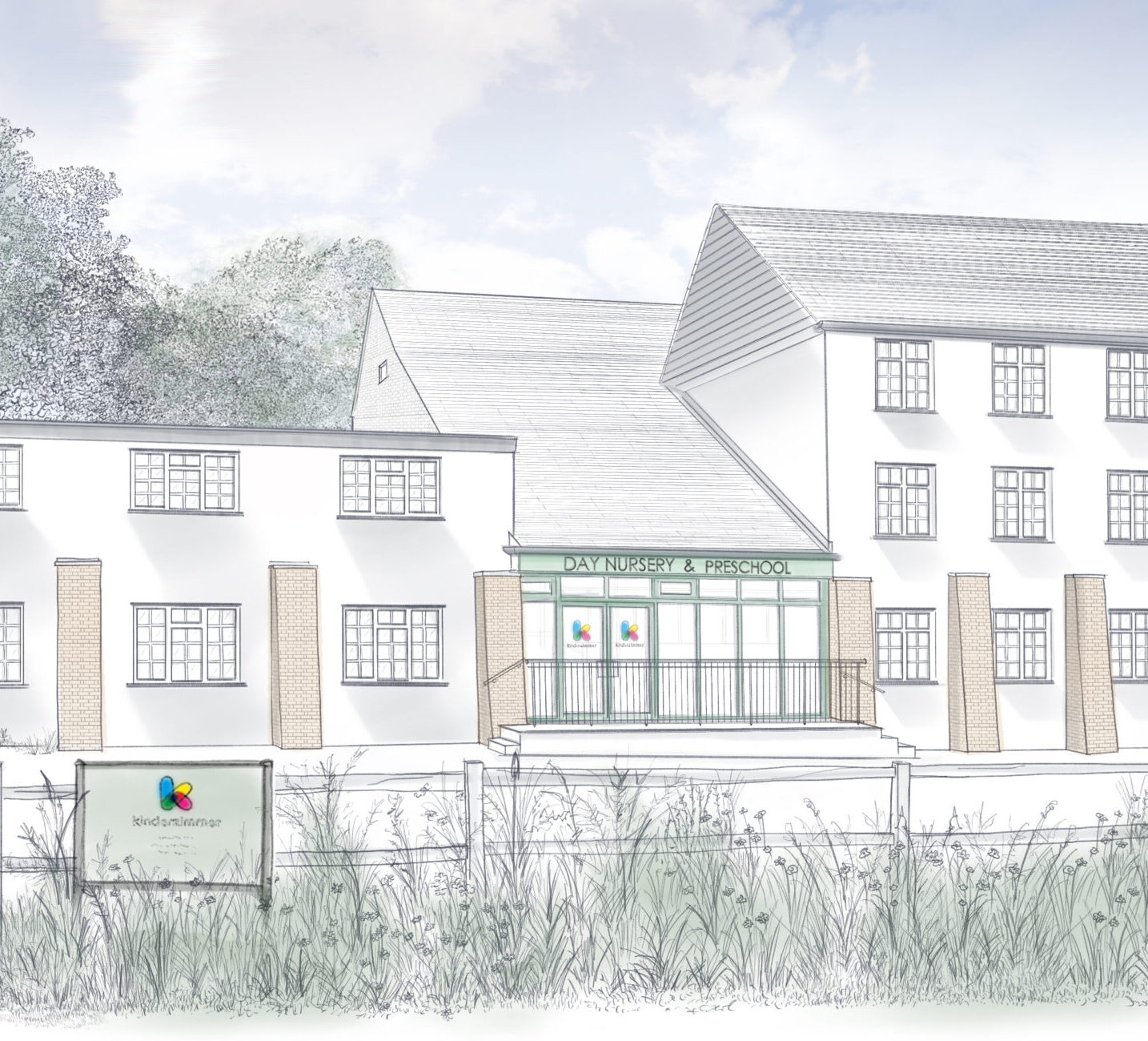Our Unique Three-Strand Approach to Early Years Education
17/02/25 Knowledge Base Welcome to kinderzimmerOur Unique Three-Strand Approach to Early Years Education
At kinderzimmer, we aim to give every child a wide range of experiences that offer independence, exploration and wonder. Through our curriculum, we want children to feel secure and inspired, excited by our amazing and beautiful planet, and happily anticipating what tomorrow may bring them.
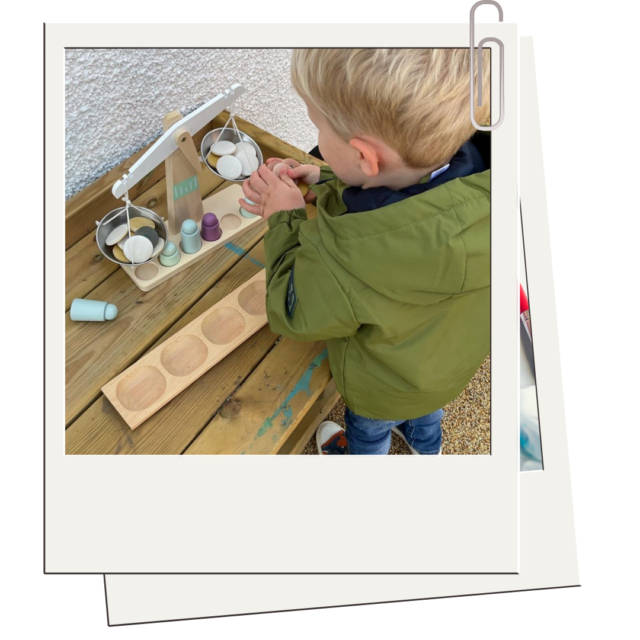
Our Three Strand Approach:
We’ve developed a unique curriculum drawing from three of the leading educators in early years’ education. Theories from Steiner, Froebel and Montessori have allowed us to develop a curriculum of three underlying principles: Independence, Exploration and Wonder.
The Froebel, Montessori, and Steiner (Waldorf) approaches to early years education each have unique philosophies, yet they share a commitment to holistic child development. Here are key activities and learning opportunities for nursery schools inspired by these three educational approaches:
Froebel Approach
Friedrich Froebel, the founder of the kindergarten, emphasised the importance of play, nature, and hands-on learning in early childhood. His approach is rooted in the belief that children learn best through self-activity and exploration.
Key Activities and Learning Opportunities:
Play with Froebel's Gifts: Froebel designed a set of educational materials called "gifts" (wooden blocks, balls, cylinders) to develop children's understanding of shapes, spatial relationships, and problem-solving.
Creative Play: Open-ended, child-led play is encouraged, allowing children to express their ideas, develop their creativity, & build social skills. Clay work, paper folding etc.
Gardening and Nature Exploration: Children engage with the natural world by planting, caring for gardens, and observing changes in the environment. This fosters a connection to nature and an appreciation of living things.
Songs and Movement: Daily songs, dances, and rhymes are used to promote language development, coordination, and rhythm. Social Play: Collaborative activities, including group games and building with blocks, help children understand cooperation and community.

Montessori Approach
Developed by Maria Montessori, this approach focuses on fostering independence, hands-on learning, and respect for a child’s natural developmental pace. Montessori environments are designed to facilitate self-directed learning.
Key Activities and Learning Opportunities:
Practical Life Activities: Children engage in everyday tasks like pouring water, preparing food, sweeping, and cleaning, which build fine motor skills, concentration, and independence.
Sensorial Materials: Montessori designed specific materials to help children explore their senses (e.g colour tables, sound cylinders, texture boards) and refine their ability to classify and understand the world.
Mathematics with Manipulatives: Hands-on materials such as beads and number rods are used to help children understand mathematical concepts like counting, addition, and subtraction in a concrete way.
Language Development: Children work with sandpaper letters, moveable alphabets to connect sounds with symbols, fostering early literacy skills.
Freedom within Structure: Montessori environments are prepared with carefully arranged activities that allow children to choose their work, promoting autonomy and self-regulation. This is supported by the shelves and prepared tray activities.
Steiner (Waldorf) Approach
Rudolf Steiner’s Waldorf approach emphasises nurturing the whole child - mind, body, and spirit—and views childhood as a time for creativity, imagination, and sensory experiences. Learning is integrated, with a focus on storytelling, arts, and rhythm.
Key Activities and Learning Opportunities:
Imaginative Play: Waldorf settings encourage free, imaginative play with simple, natural materials (e.g., wooden toys, silk scarves) that stimulate creativity and problem-solving.
Artistic Expression: Painting, drawing, and handcrafts such as weaving are central to developing fine motor skills and fostering creative thinking.
Rhythm and Ritual: The day is structured with rhythmic activities, such as singing, dancing, storytelling, and seasonal festivals. These predictable patterns help children feel secure and grounded.
Storytelling and Puppetry: Oral storytelling and puppet shows are used to nurture language skills, imagination, and emotional understanding.
Outdoor Play and Nature Walks: Waldorf education values time spent in nature, where children can explore, observe, and interact with their environment, encouraging physical development and an appreciation for the natural world.
Commonalities Across All Approaches
Holistic development is at the heart of our approach, recognising the importance of nurturing the whole child—physically, emotionally, cognitively, and socially. By fostering a well-rounded foundation, we support children in growing with confidence and curiosity. Play-based learning is central to our philosophy, as play is essential for creativity, problem-solving, and social interaction. Through play, children explore the world, test ideas, and develop important life skills in a natural and enjoyable way.
We respect each child's unique learning journey, allowing them to progress at their own pace. Educators act as facilitators, guiding and supporting rather than directing, ensuring that every child feels encouraged and valued in their development. A strong connection to nature is fundamental to our approach. Time spent outdoors is not just beneficial for physical health but also enriches sensory experiences, encourages exploration, and nurtures a deep appreciation for the world around us. These principles form the foundation of early childhood education, fostering experiential learning, respect for individuality, and a meaningful connection to the environment.
Practical skills play a vital role in building independence and self-esteem. Children engage in hands-on activities such as baking, gardening, woodwork, sewing, painting, self-care, and clay work, helping them develop confidence and resilience. We focus on the process rather than the product, valuing each child’s unique interests and fascinations. Creativity flourishes when children are free to make, build, and explore without the pressure of a predefined outcome.
Fantasy and fable are woven into our daily experiences, encouraging children to imagine, pretend, and reenact. Traditional and contemporary stories help them navigate concepts of right and wrong, kindness, and truth, enriching their understanding of the world. Our playrooms are designed with open-ended, versatile resources rather than single-purpose toys. Today, wooden blocks might become a rocket ship; tomorrow, they could be a toaster! This flexibility nurtures creativity and imaginative play. Music is an integral part of our environment, inviting children to join in with lullabies, finger games, action songs, and traditional and contemporary nursery rhymes. Through music, children develop rhythm, coordination, and a love for self-expression.
We are committed to outdoor play, fostering a deep appreciation of nature through daily time spent outside and regular excursions to parks and local areas. Being outdoors encourages adventure, curiosity, and a lifelong connection with the natural world.
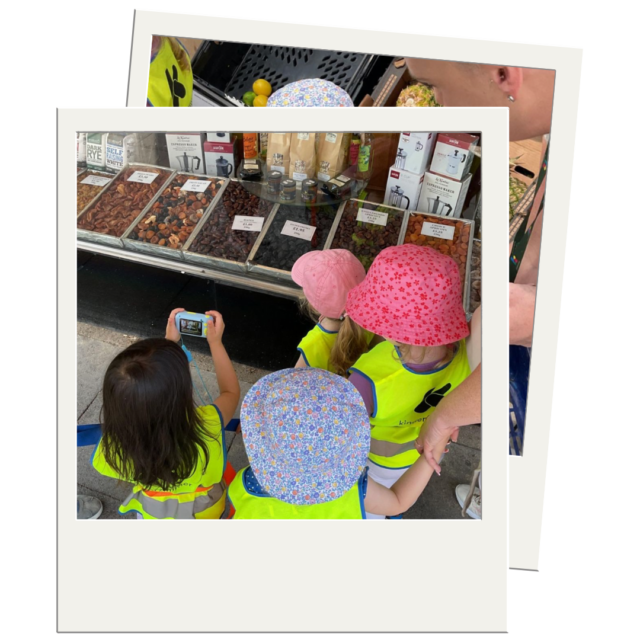
Embracing a World of Possibilities
Our approach at kinderzimmer celebrates the unique capabilities of every child, nurturing their innate curiosity and helping them build a strong foundation for lifelong learning. By combining Montessori’s focus on independence, Froebel’s love of play, and Steiner’s emphasis on creativity, we provide a truly transformative early years education.
Discover how kinderzimmer’s three-strand approach can inspire your child to explore, create, and grow. Let’s shape the future together!
